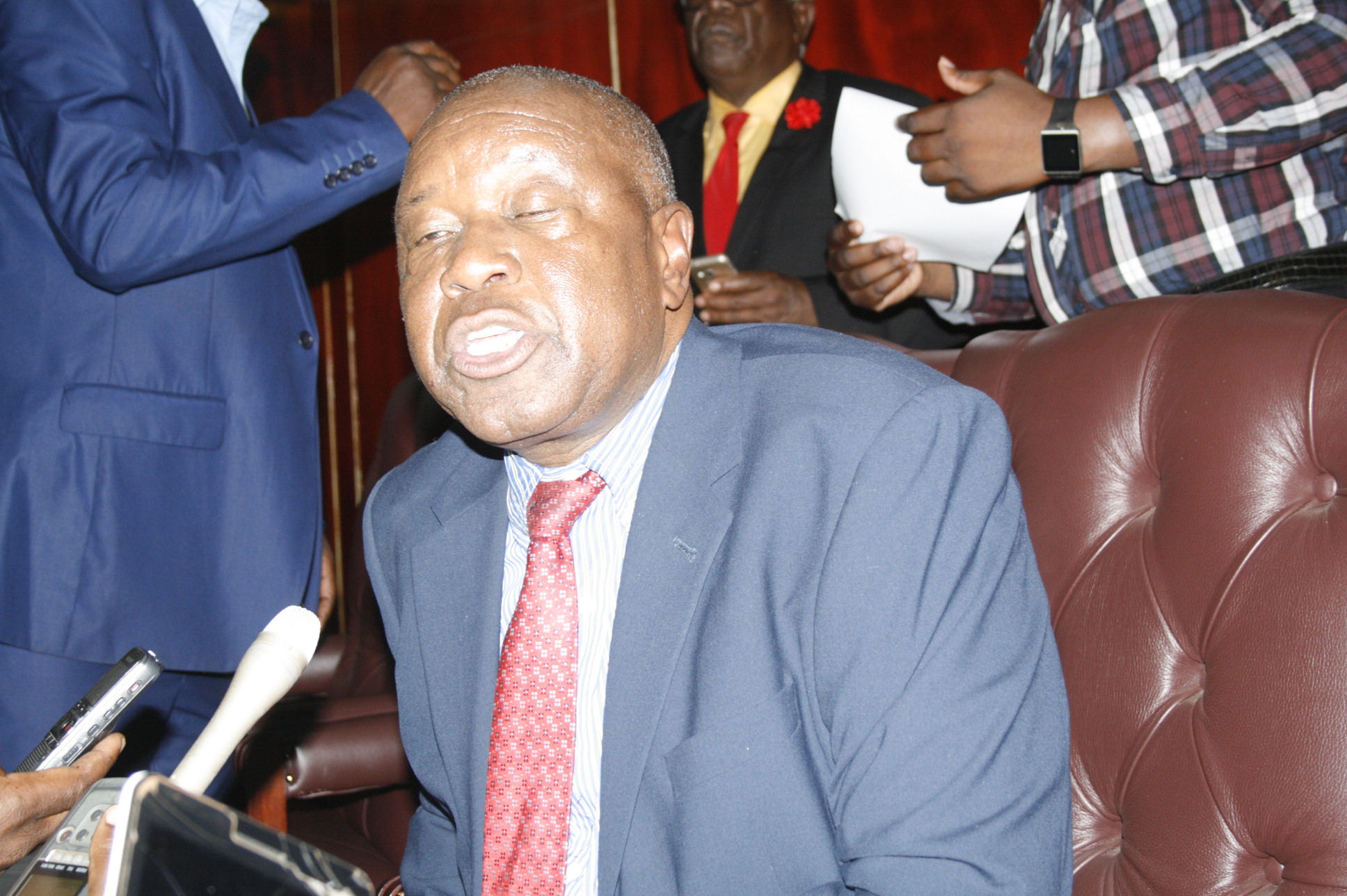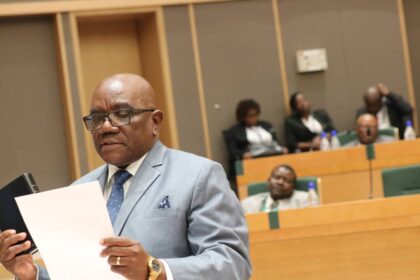By Daniel Chigundu
Zanu PF will continue to control the Senate in the 10 Parliament after getting 33 seats from the just held general elections.
There are 80 seats in the Senate, 60 are filled by political parties through a zebra listing system using the political parties performance in a general election.
Then there are 18 seats that are occupied by chiefs who are voted for from the Chief’s council and there also 2 seats for persons with disabilities to make it 80 seats.
When it comes to voting in the Senate, the chiefs have generally voted on the side of Zanu PF and also the 2 senators representing persons with disabilities. This will take their vote to 53.
However, 53 votes are not enough to pass constitutional bills as the law in Zimbabwe requires two-thirds which is 54 votes. This means Zanu PF will have to look at getting assistance from Citizens Coalition for Change in the Senate.
A good example was when Senate was going to vote for Constitution Amendment Bill No.2, the ruling party had 35 seats and relied on the chiefs (18 seats), the senators for persons with disabilities (2 seats) and a few from MDC Alliance.
Various stakeholders have often proposed that Zimbabwe should do away with the Senate, arguing that it has no meaningful purpose accept putting pressure on the fiscus.
Senators are treated the same way with National Assembly representatives.
They both get vehicles under the government loan scheme, they get Samsung pads, monthly salary and sitting allowances everytime they sit on Parliament business.
There is also fuel coupons to help the legislators to move to from their constituencies.
When Parliament is in session, legislators from out of Harare are often booked into hotels.
The 10th Parliament of Zimbabwe is going to have 360 legislators which is 10 more than the previous sessions that had 350.
The coming session of Parliament will see Citizens Coalition for Change boasting of 103 legislators in the Parliament combined.
There will be a lot new faces in the Senate, such as Zanu PF spokesperson Chris Mutsvangwa, Jameson Timba, James Makamba, Sesel Zvidzai, Editor Matamisa, and Ralph Magunje, among others.



